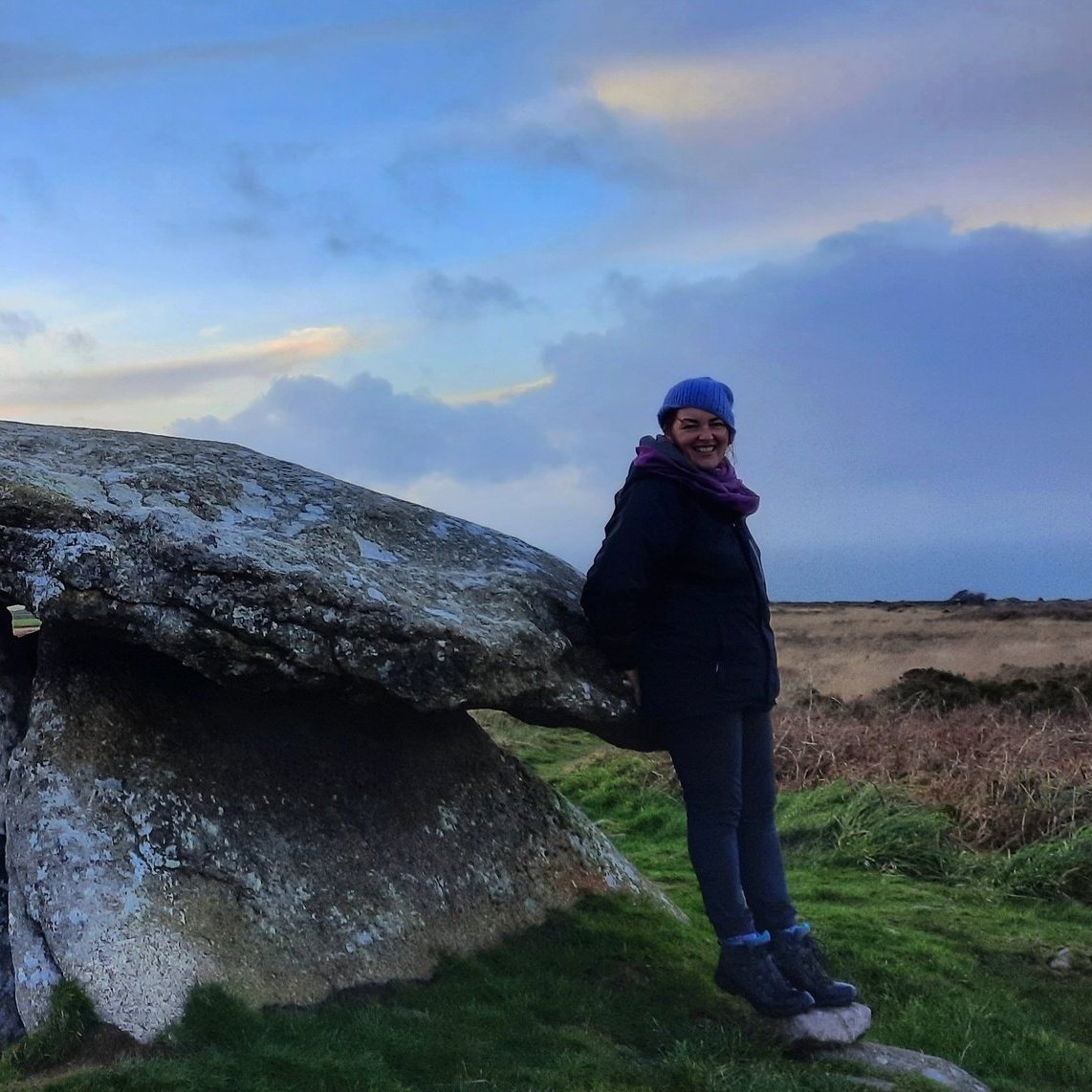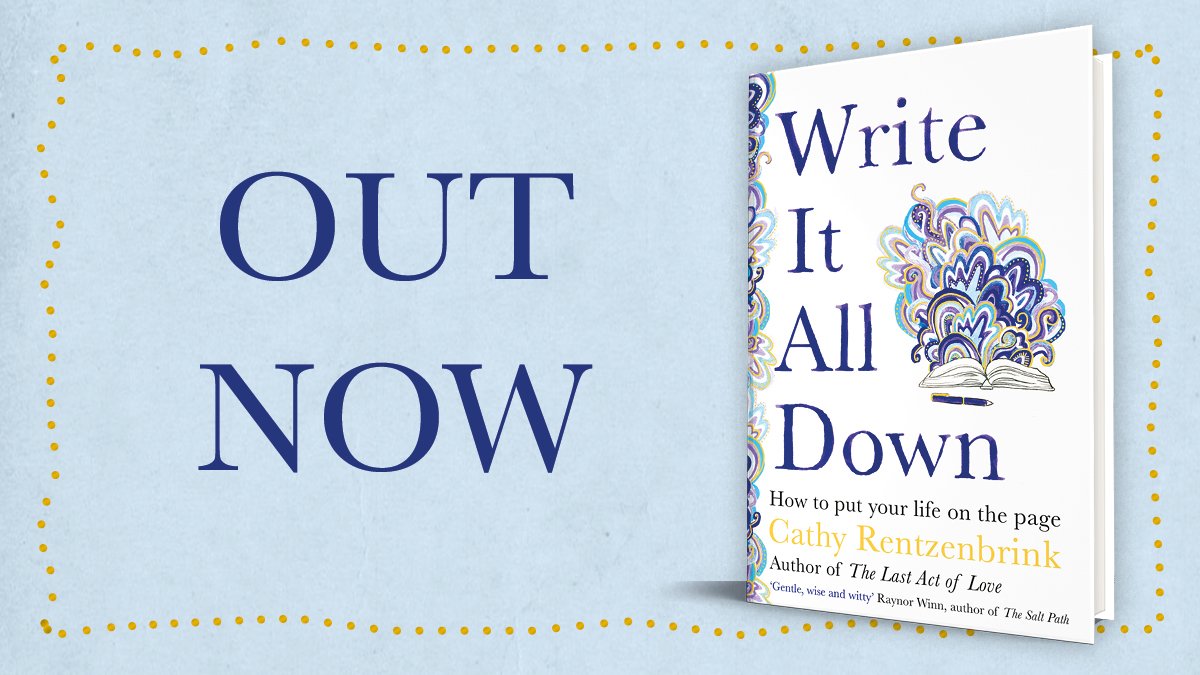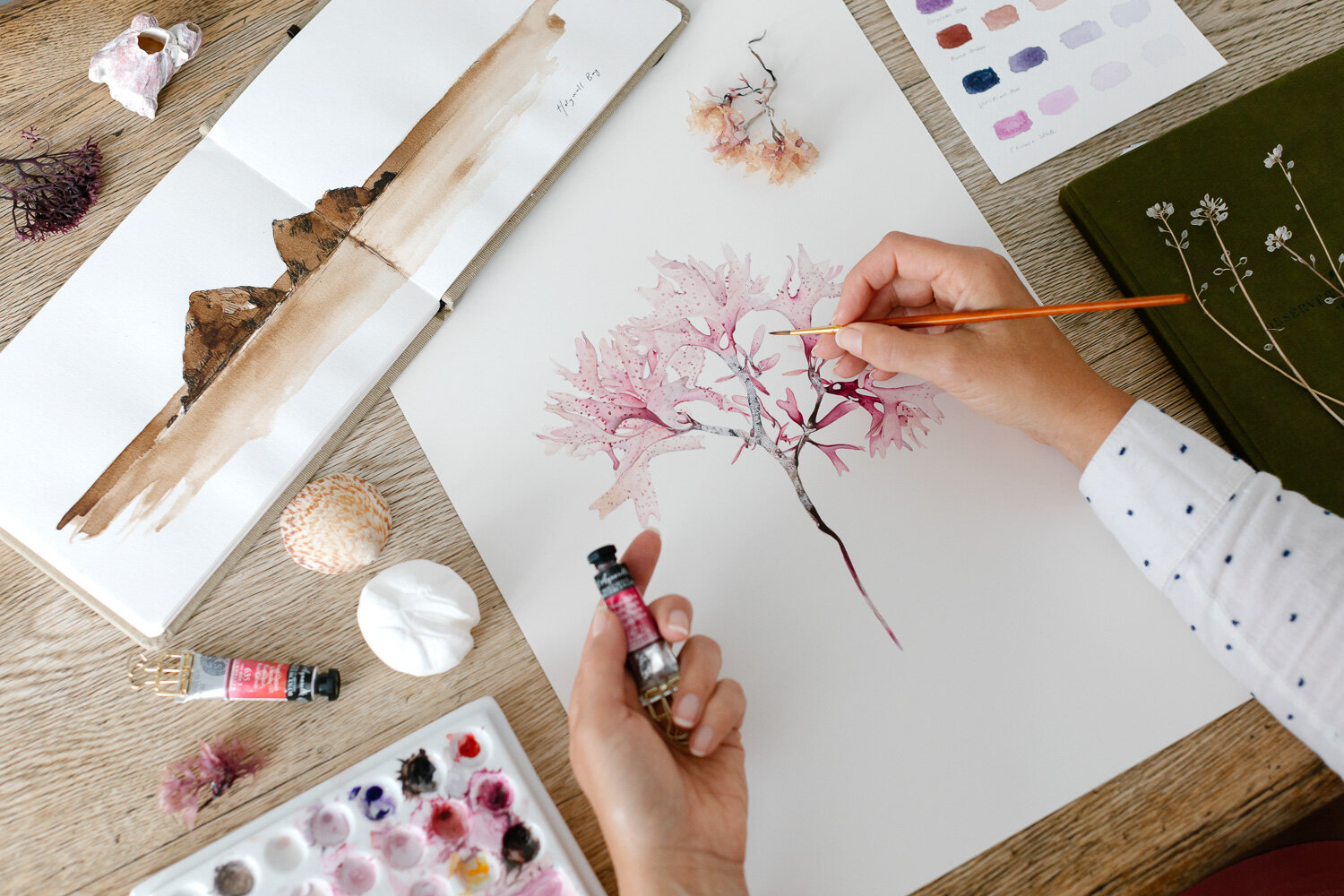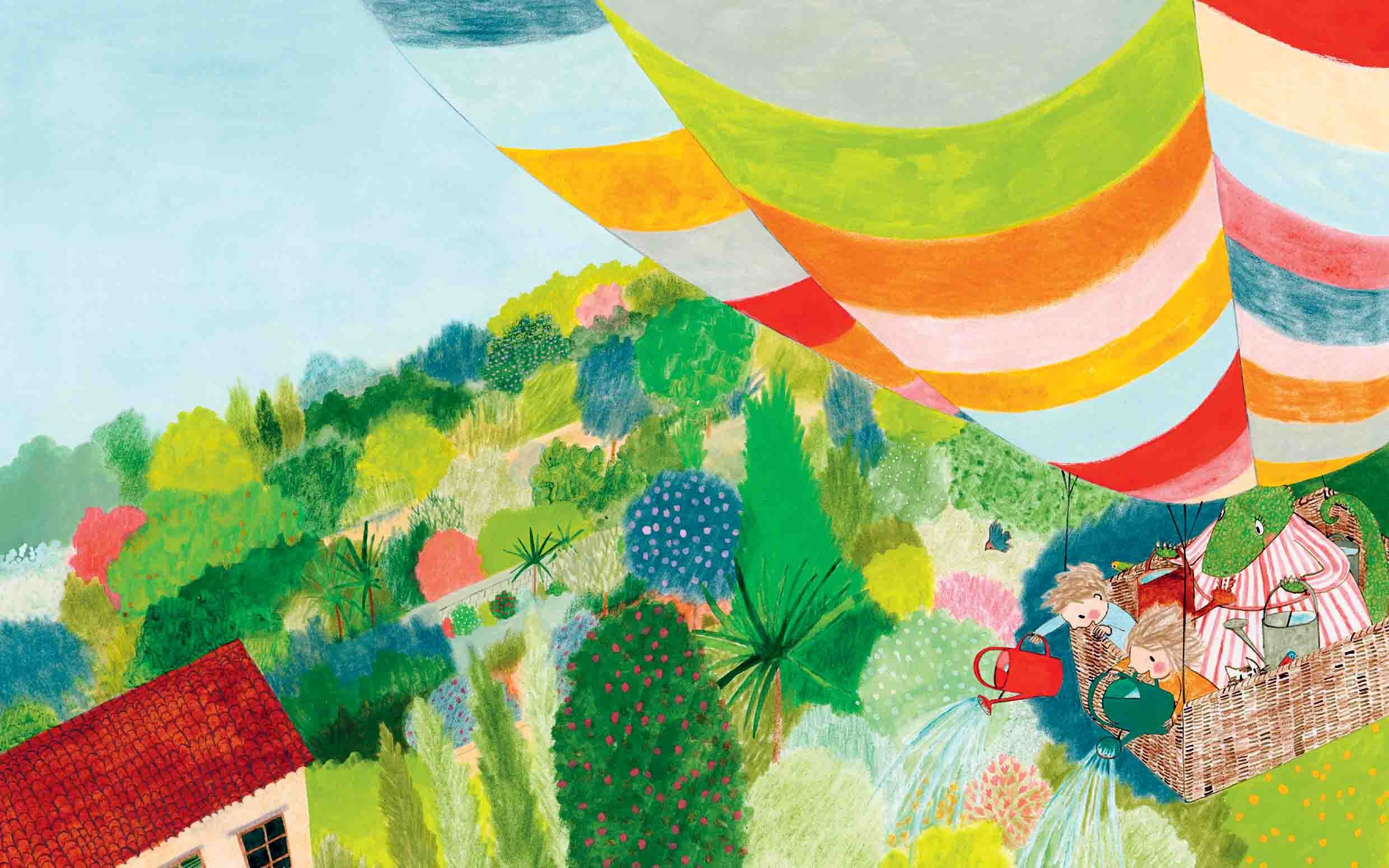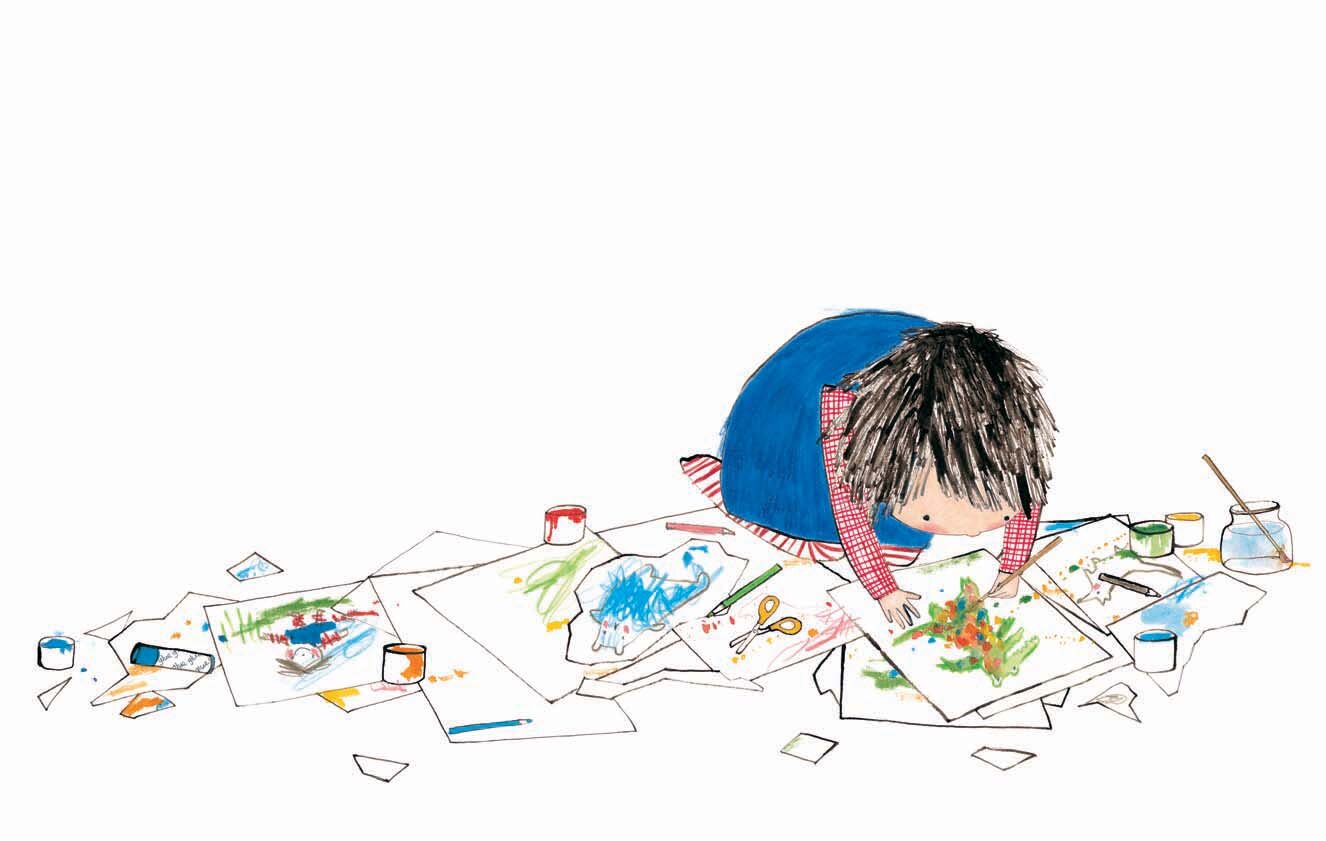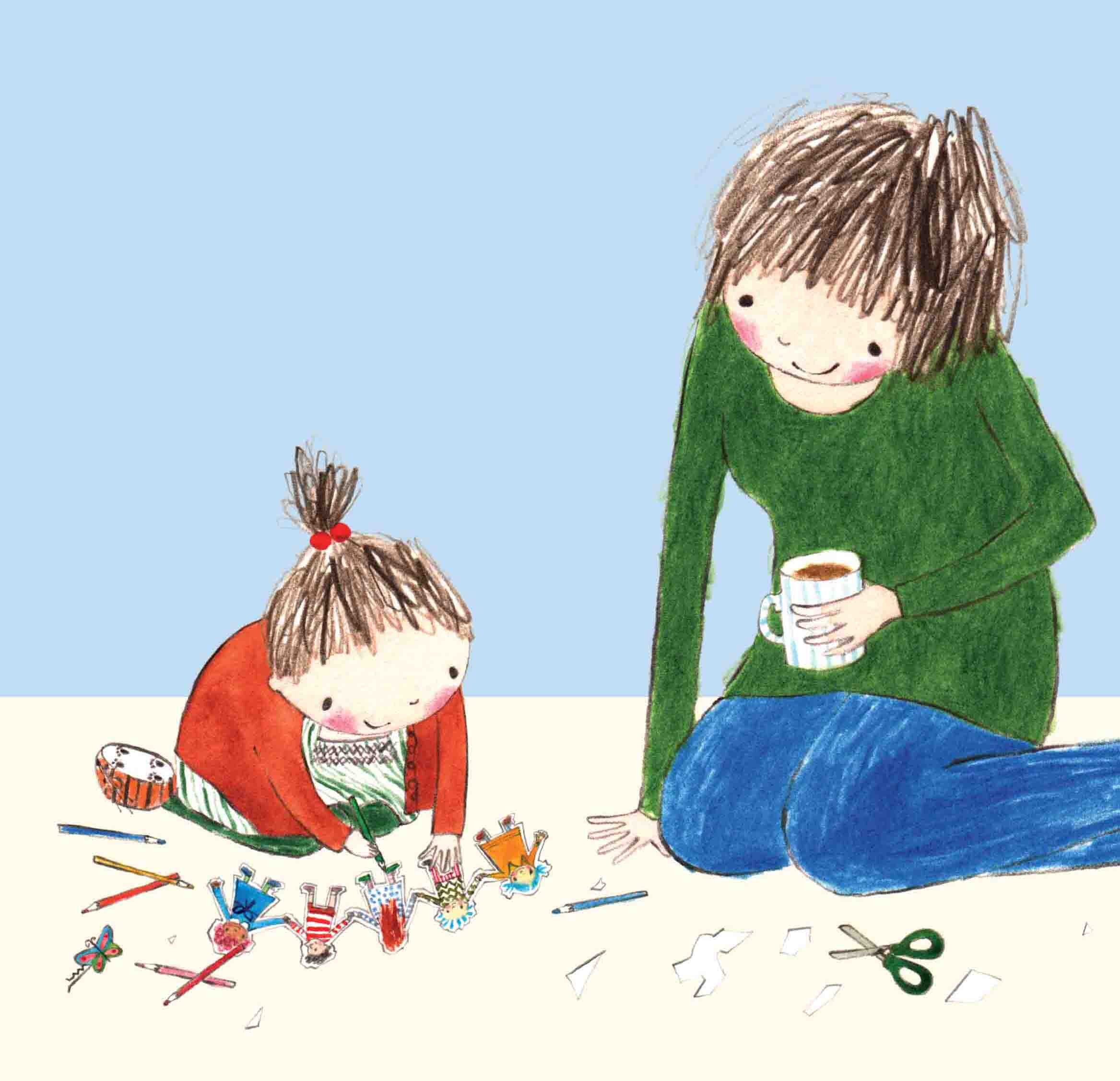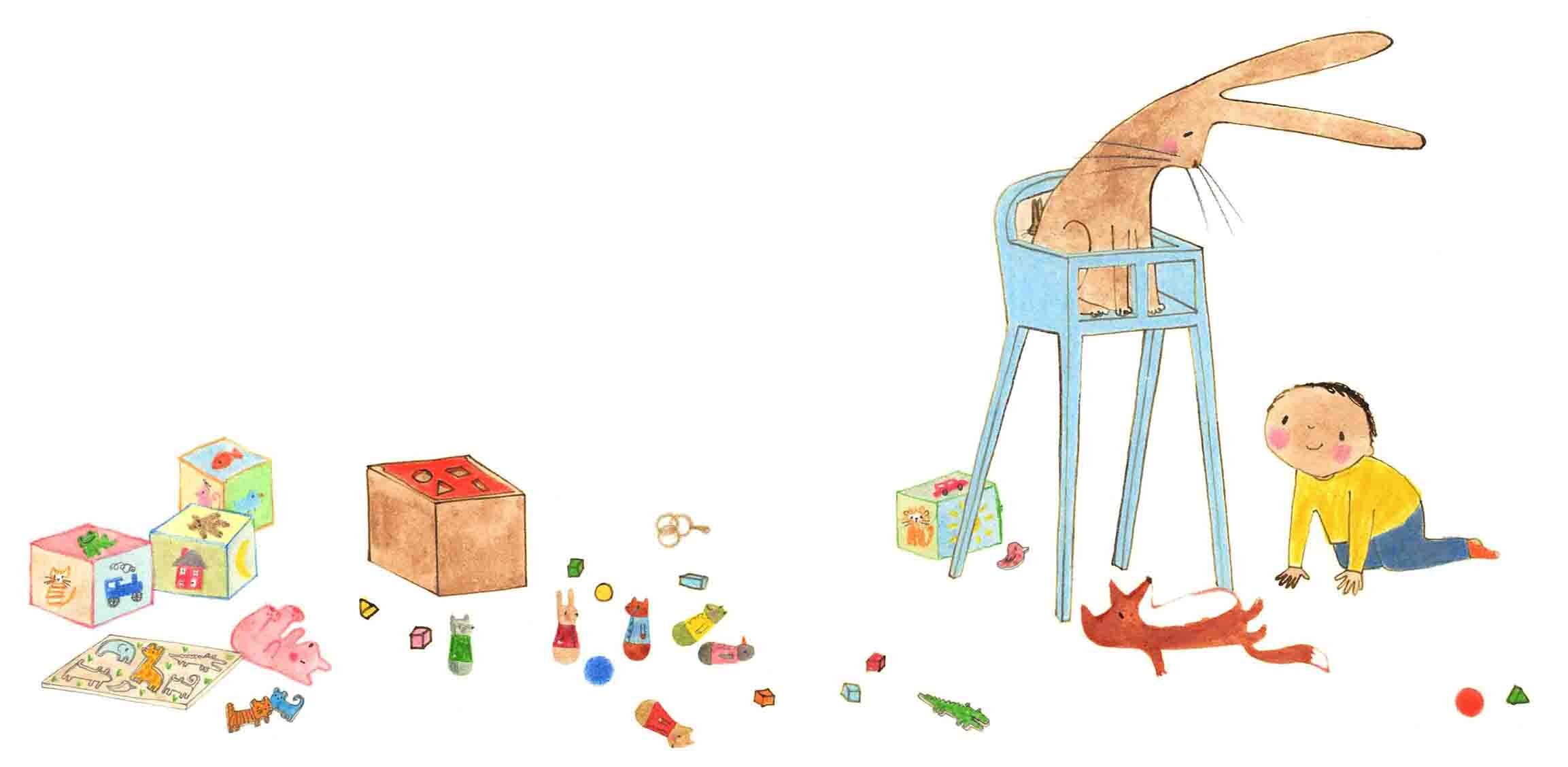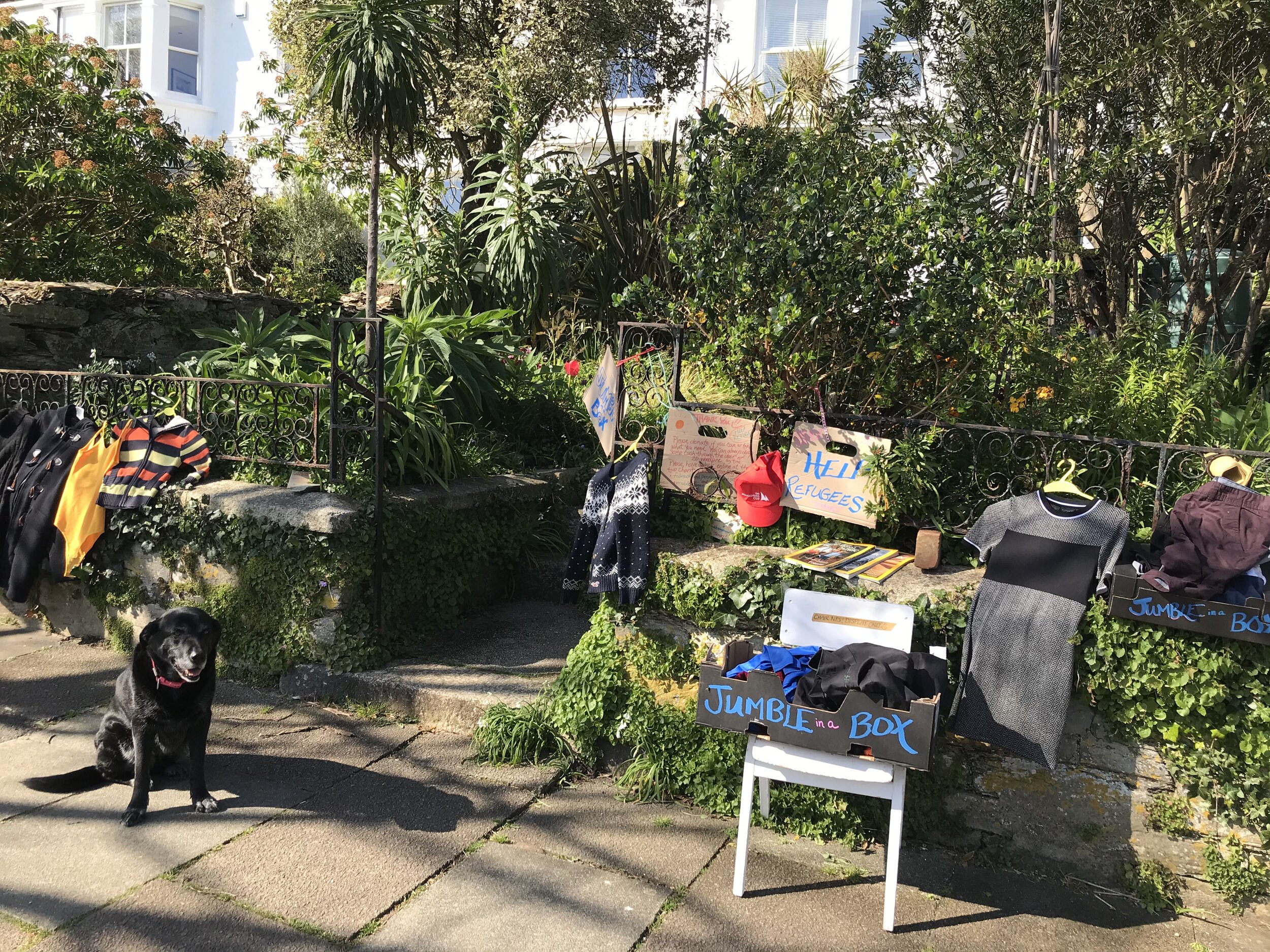1. What do you consider your greatest achievement?
My greatest achievement is undoubtably Quiet Connections. It’s blossomed into a beautiful collaboration of coaches and facilitators with lived experience from across Cornwall, some of which started out as clients. And the impact that we have together makes my heart sing; supporting hundreds of people through coaching and courses, and offering other entrepreneurs opportunities to grow their confidence too.
It amazes me that it started out as a secret little acorn of an idea that I thought ‘somebody else should do’, sitting on my shoulder for years until I decided to try. I thought that I wasn’t the right person, doubting my ability to succeed as a quieter, female entrepreneur, so it’s meant overcoming a lot of self-doubt and challenging leadership stereotypes for me personally. Public speaking and leadership is a long way from the shy girl hiding at the back of the class!
Gratefully, I have had some wonderful coaches and mentors who have helped me to see that I am exactly the right kind of person for this particular venture and my introversion and sensitivity is in fact a real gift in business.
2. What motivates you to do what you do?
As a child and a young woman, I was painfully socially anxious and avoidant. I was afraid to be seen and heard, so I missed out on an enormous amount of learning experiences and all the good things in life -fun, hobbies, connection, education, career opportunities... I just kept myself hidden away fearing that I was defective in some way; rejecting myself before other people got the chance to. It took me a long time to realise that I’m not broken, I’m not alone and, shockingly, I could actually make changes in how I feel and show up in the world!
Looking back, what saddens me the most is how misunderstood my behaviour was. People can make lots of assumptions about what someone’s quietness and withdrawal means, often landing on being ‘awkward’ or ‘rude’ or ‘not liking’ someone. The intense distress that we feel inside and the silent freeze response we’re having often goes unnoticed so we don’t get the help and reassurance that we need.
I wish that I had someone who could tell me that I’m not alone, I’m not weird or broken; to help me see that I could do more than I thought I could and support me to gently stretch my comfort zone and pick up healthier coping strategies.
That’s why I’m passionate about starting conversations to raise awareness and helping those experiencing social anxiety today, whether they are unable to leave the house, or seemingly doing ‘okay’ in life but feeling stuck and unfulfilled because change is so scary.
3. What do you owe your mother?
Let’s change the question here because the concept of ‘owing’ a parent (or anyone really!) doesn’t sit well with me; those invisible ties can pave the path to poor boundaries, people pleasing and resentment.
So, reflecting on what I am most grateful for, I realise that it’s all the times my mum stepped way beyond her comfort zone to facilitate me connecting with others, and also stand up for me and seek fairness when I couldn’t. When we feel socially anxious, we often struggle with making phone calls, talking to people in authority, being in groups, meeting people, disagreeing etc. and so it can feel extremely hard to raise children at the same time. I think of how much courage it must have taken to arrange to speak with teachers about bullying; seek out second opinions on medical issues; attend and host birthday parties; and even drop my sister and I off at school. In general, mothers are under-recognised for the work that they do and should be celebrated more, but I really want to honour the bravery and compassion of mothers experiencing social anxiety and showing up when their instinct is to hide.
4. Which women inspire you and why?
The first person that comes to mind is my friend, coach and trainer, Lizzi Larbalestier, who leads with her heart and contributes far more to help people and the planet than anyone else I know. From rescuing and rehabilitating seals in her garage as a BDMLR Marine Mammal Medic, and now voluntarily project managing the build of Cornwall's new seal hospital and training new medics; to inspiring the community to come together in efforts to protect the local environment, promoting compassion for the planet in school children and organising big beach cleans; and supporting people to become the best version of themselves, seeing the light within them when they can’t and compassionately challenging them to recognise their own potential.
So I’d say that I’m inspired by women who are heart-led and act on their empathy, speaking out in positive ways about what’s important to them; creating change that starts from where they are and inspiring others to discover what’s important to them and see the difference that they can make too. Women who empower others in gentle ways.
5. What are you reading?
I’ve recently got a very anxious rescue dog called Robin, so I’ve been reading "Getting in Touch with Your Dog” by Linda Tellington-Jones to find ways I can help him feel calm and confident.
I’m also reading ‘Burnout: Solve Your Stress Cycle’ by Emily and Amelia Nagoski, which is a fascinating book that examines the gap between expectations and reality for women, and helps us to deal with the overwhelm that we can feel as we try (and fail!) to bridge that gap. I recommend it!
6. What gender barriers have you had to hurdle?
Interesting question! We often don’t see that the playing field isn’t quite level for us as women, so initially my mind went blank, but this question is eye opening to reflect on. There’s a real ‘not good enough’ message that can come from gender bias and expectations.
From the nursery worker who called me ‘bossy in an organising way’, which even as a youngster felt like a very bad thing to be (and I’m sure a boy would have been labelled a ‘leader’); to the police officer who asked me as a teenager “where are your bruises if you didn’t want it?” discounting my verbal resistance and the strength it took to even speak up against a far more powerful man; and then the boyfriend’s mother who told me “I’ve given up on you giving me grandkids” when I was in my 20s without so much as asking if I want or can have a child.
Like a lot of us growing up, I learnt that to be a ‘good girl’ meant to be small and quiet; convenient and still; to give and think about other people’s wants and needs before my own. So the biggest challenge has been (and still is at times) unlearning all that people pleasing and reconnecting with who I really am; saying no, setting boundaries, using my voice, standing up for myself and even giving myself permission to be disliked. The funny thing is that in letting go of efforts to meet expectations, please and fit in, I feel like I truly belong far more today than I ever have before.
7. How can the world be made a better place for women?
Language matters, right? Let’s ditch the words ‘bossy’ and ‘shy’ when we’re talking to little girls. Let’s ask ourselves, ‘would I be using the same words to describe a man?’ when we’re talking to and about women. If the answer is ‘no’, then you know you need pick a more empowering word.
8. Describe your perfect day?
Oh, a dose of ‘blue mind’ on a warm day with a Cornish walk and a sea view; splashing in the water with my niece and nephews; settling down with my dog and a book for a while, and finishing the day with a glass of wine under the stars.
9. We've noticed there really aren't many (if any) statues of women around Cornwall - who would you like to see remembered?
Ahhh there are so many wonderful women in Cornwall who are creating a ripple effect of positive change, and they all deserve to be celebrated! Cornwall is home to hundreds of female-led social enterprises, like Quiet Connections, and there’s one person that lots of us have in common: Sally Heard.
Being a fierce advocate of social entrepreneurship, Sally has been stepping out of her own comfort zone to champion social and environmental change in Cornwall for many years; fighting for funding and support and bringing the School for Social Entrepreneurs to Cornwall.
It’s Sally’s compassionate nature and the belief that she has in people that really makes a difference. I remember her being a gentle cheerleader throughout the SSE Start Up Programme application process, encouraging me with a nod and a smile when I was pitching my idea ‘dragon’s den’ style and my voice and knees were shaking. Ultimately, Sally’s work is empowering female leaders to create their own unique ripple effects and Cornwall is lucky to have her.
10. Give us a tip?
“True belonging doesn’t require you to change who you are; it requires you to be who you are.” Brene Brown talks about belonging to yourself so deeply that you can be a part of something and stand alone in the wilderness. For many of us, this ’coming home’ to ourselves is our work in the world and it begins with a letting go of expectations. So I’m sharing a poem that resonated with me early in my journey:
I do my thing and you do your thing.
I am not in this world to live up to your expectations,
And you are not in this world to live up to mine.
You are you, and I am I, and if by chance we find each other, it's beautiful.
If not, it can't be helped.”
― Fritz Perls
About Hayley Stanton - Coach, Social Entrepreneur & Podcast Host:
Hayley Stanton is an NLP Practitioner, mBIT Coach and Blue Health Coach. She is the founder of Quiet Connections CIC and co-hosts the Quiet Connections Podcast. Hayley lives near Redruth, Cornwall and is mum to an anxious rescue cat and dog, Little Bug and Robin. Hayley grew up in Falmouth experiencing social anxiety, leading to fearfully avoiding the good -and the necessary- things in life and attempting suicide aged 19. She is passionate about using her personal and professional experiences for starting conversations, raising awareness and helping others walk the path from social anxiety to quiet confidence too.
Find out more at QuietConnections.co.uk


